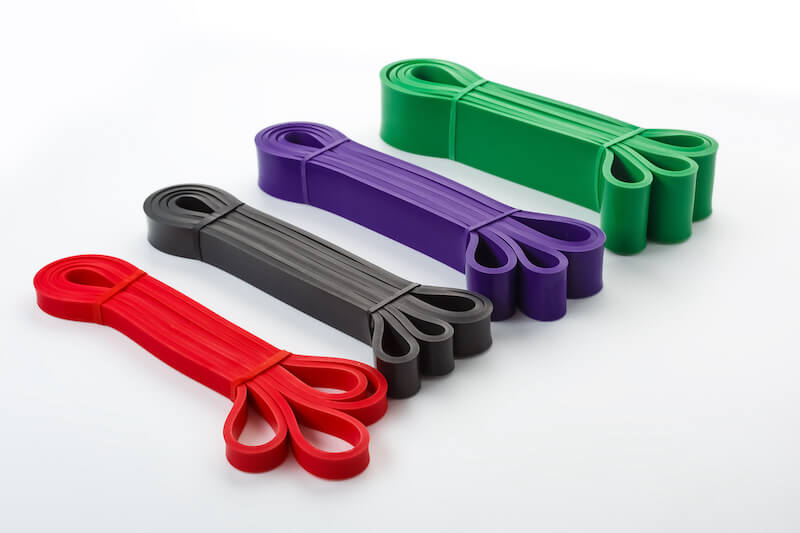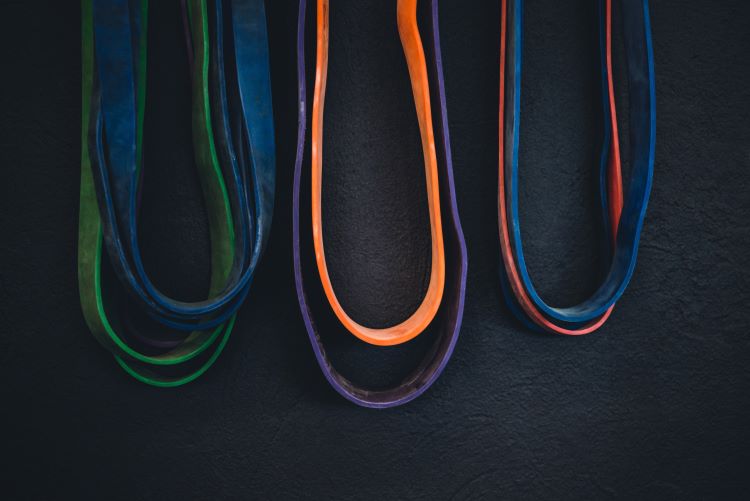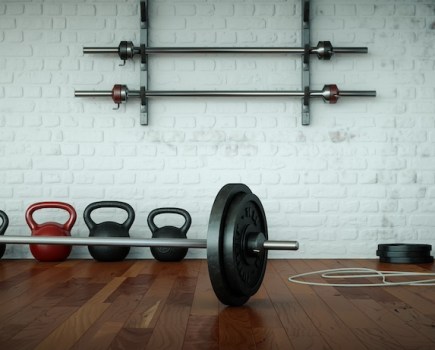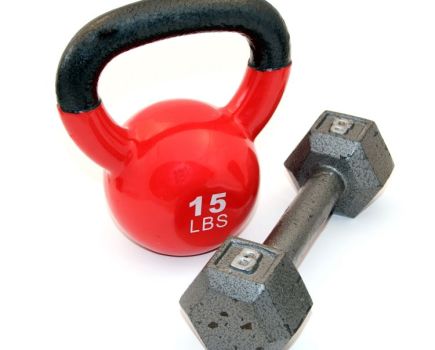The gym is packed full of equipment that can look confusing to the uninitiated. Cable machines look like an accident waiting to happen and the weights area is an intimidating place. And if you’ve not used a set of the best resistance bands yourself before, you’d be forgiven for wondering what to do with them too. Here I go through exactly what resistance bands are and what you can do with them.
Small, unassuming and often overlooked in favour of the heavy metal of machines and free weights, even avid bodybuilders might be left wondering what resistance bands are. But they can be an incredibly effective tool, whatever your fitness goal or level of experience.
Why you can trust Men’s Fitness
At Men’s Fitness we pride ourselves on delivering information that serves a singular purpose: to improve some aspect of your health, fitness or wellbeing. For almost 20 years, we’ve been publishing authoritative health and fitness content – written by our expert editors and contributors – in the form of the monthly Men’s Fitness magazine. Here, experienced health and fitness journalist and MF contributor Charlie Allenby lifts the lid on the different types of resistance bands.
What are resistance bands?
As their name suggests, resistance bands are able to provide a level of opposing tension when pulled or stretched. The reason for the confusion is often down to the fact that they come in numerous different shapes and sizes.
“You’ve got mini bands, which are a small loop and go from very easy to very difficult; and you’ve got power bands that are also looped but a bit longer, and again go very thin to very thick,” says Darren Bruce, personal trainer at Third Space. “Mini bands have benefits mainly for activation of muscles, and if I didn’t have any free weights around for workouts I’d probably use power bands.”
In addition to mini bands and power bands, you can also get resistance bands with handles on the end (which perform a similar function to power bands) and longer, unlooped bands that are generally used for physiotherapy and often have a lighter level of resistance. Whatever resistance bands you opt for, you’ll be spoilt for choice with a wide range of the best resistance band exercises for every body part.

What do the different colors of resistance band mean?
Even once you’ve got to grips with the different types of resistance bands available, there can still be some confusion when it comes to the level of tension they can provide. Fortunately, there’s a simple way of figuring it out: a color-based system.
Most brands break the resistance down by five different grades:
- Yellow for extra-light
- Red for light
- Green for medium
- Blue for heavy
- Black for extra-heavy.
If you’re unsure, it’s best to check what’s printed on the band.
Bruce also warns that not all bands are equal. “It’s very difficult to find [bands] that are exactly the same weight. Whereas you can get two dumbbells that can be 10 kilos each, it’s difficult to guarantee that you’ve got two bands that are exactly the same [tension].”
Related content:








